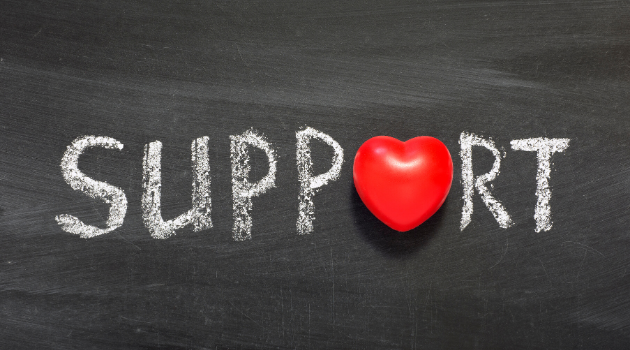When my son was little, even though he was a joyous, healthy, creative child, I often felt so sad about his ADHD-related challenges. In fact, my sadness during his early elementary school years was the main motivator for writing my book, Raising Will: Surviving the Brilliance and Blues of ADHD.
I tried to express my sadness aloud, but it rarely helped. My husband had ninja-powered subject-changing skills. And my friends focused on my son’s strengths, which was kind, but a different form of subject-changing. My mother often sympathized with my son’s teachers (“Mrs. Smith must be so exhausted!”), and my Minnesotan relatives had no idea how to sit with my grief, so they decided that they must have ADHD too.
What I needed was a good therapist. I just didn’t realize it at the time. I told myself that I was too busy, that we had too many appointments already. Instead of therapy, I aerobicized my feelings into shape at the gym, which helped, at least until I received another worrisome email from his teacher.
Connecting With Other Moms
Recently, a mom emailed me after she read my book. She liked how I compared the acceptance process of having a child with ADHD to the acceptance process with other chronic difficulties, like alcoholism. This may seem far-fetched so let me explain.
As a parent, I was initially in denial about my son’s ADHD symptoms. Then, even after my son received an ADHD diagnosis, it took me years to stop trying to “fix” his ADHD (aka fix him).
I don’t blame myself for seeking tutoring and other supports for my son. He needed the help and he became a much better student as a result. But looking back, I wish I had embraced my son’s strengths more. He was a natural musician and performer. Instead, I was caught up in trying to meet traditional educational expectations (e.g., that he remain quiet and seated in class), which are unrealistic for ADHD kids.
But here’s the deal. I’m all grown up now, and with age comes wisdom. One reason I enjoy writing is because I get to reflect, learn from my experiences, and help others.
So, here goes. If I could turn back time, I’d do a few things differently.

Here are 5 Suggestions from a Seasoned Mom 🙂
#1 If you’re feeling sad and overwhelmed, schedule a counseling appointment for yourself.
You’re worth it. One of the wonderful things about counseling is that the entire 45-50 minutes is devoted to YOU. I have learned so much in therapy, not only about parenting, but about how to deepen my relationships and let go of things that no longer serve me well.

#2 Join a support group, like the parent support group I’ve created on Facebook.
As parents raising kids with ADHD, we immediately “get” each other. We don’t need to change the subject. We can take it, and we can learn together.
#3 Don’t be afraid to speak up.
If your child’s teacher expresses concern about his behavior or learning, ask for a school evaluation. Consider a private assessment to learn more about your child’s strengths and difficulties. Check out my blog post about reasons to consider neuropsychological testing.

#4 View your child’s ADHD as an asset.
My son is thriving in college (knock on wood), and his ADHD remains one of his greatest gifts. One of the best parts of my job is learning from the kids I meet who have ADHD. They prove to be innovative, intelligent, honest, loyal and uncharacteristically adorable.
#5 Count your blessings, ADHD and all.
The part of your child’s ADHD that makes it hard to learn will likely require tweaking. But the parts of your child that creates beautiful things, like poetry and music, these parts should be savored and cultivated.
Wrapping Up My 5 Parenting Tips
Just remember, ADHD is a mixture of creativity and chaos that brings blessings and challenges. But isn’t that life?
Your friend and ADHD support,
Katherine


